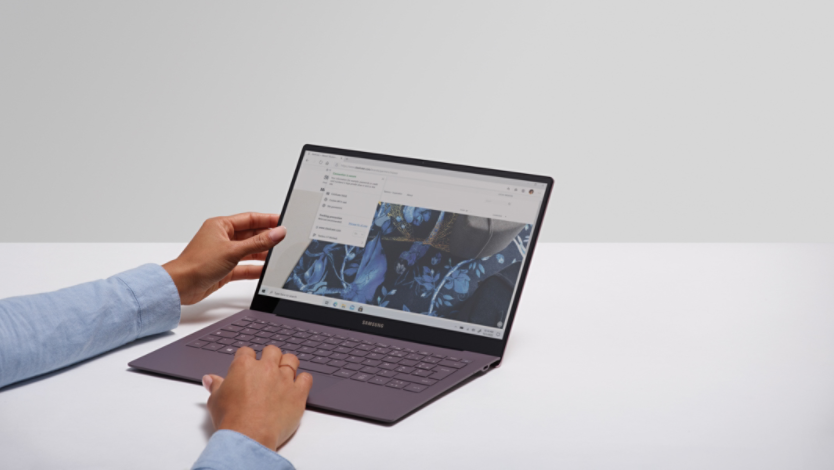
April 25, 2023
Everything you need to know about Internet cookies
No, not the kind you eat. Cookies are a hidden, yet integral part of the online experience: As long as we’re using a browser, we’re also using cookies to customize our interactions, save login information, and personalize our experience on a website.
That said, there can also be privacy concerns that arise with the use of cookies. Read on to learn what cookies are on a website, how they might affect your online privacy and security, and how advanced browsers like Microsoft Edge can keep your browsing data safe.
What are cookies on the Internet?
Cookies are bits of data that are sent to and from your browser to identify you. When you open a website, your browser sends a piece of data to the web server hosting that website. This data usually appears as strings of numbers and letters in a text file. Every time you access a new website, a cookie is created and placed in a temporary folder on your device. From here, cookies try to match your preferences for what you want to read, see, or purchase.
A common analogy for a cookie is a coat check ticket at a concert or event: It’s something you receive from a service, has no intrinsic value outside of the event, and is tailored exactly to you. However, you’ll need it if you want to get your coat back.
What types of cookies are there?
There are two types of Internet cookies:
Authentication cookies
Authentication cookies save a user’s information when they log into a website. This includes username and password, which account they’re using, and whether they’re currently logged in. By authenticating the user’s credentials through a unique session identifier, this cookie allows the user to access the website without logging in again. Microsoft Edge does not use cookies to manage your passwords, in fact, it stores passwords with a technique called local data encryption to keep your private data truly safe.
Tracking cookies
Tracking cookies record your web usage and save information about your “session,” i.e. your time on a website. They track pages you visit and personalize your searches, displaying custom content tailored to your interests. When you use a search engine, for example, a website like Microsoft Bing will note what you’re looking for and show you products or services that you might find useful.
It’s the latter function of Internet cookies that has raised issues related to online privacy and security — to the extent that government regulators in Europe and the United States have enacted laws aimed at protecting consumer privacy and making it harder for hackers to use cookies to access your sensitive data.
How do computer cookies affect your privacy?
Advertising-related tracking cookies can be placed on your device in two ways, even if you don’t interact with the ads on a website:
First-party cookies
First-party cookies are created by major websites themselves and are generally considered to be safe and reliable, matching the reputation and credibility of the website involved.
Third-party cookies
Third-party cookies are usually associated with the ads that populate a website, which are distinct from the website you may be visiting. These cookies may contain tracking information that keep tabs on your browsing history, so advertising and analytics platforms can reach you with personalized ads. For example, if you recently searched for pet supplies, a website’s third-party ads may show you cat toys or dog food — even if you’re not reading about pets.
Third-party cookies are more susceptible to hacking and data breaches, as they’re tied to advertising and analytics platforms instead of major websites.
In 2002, the European Union dictated that users must consent to cookies when visiting a new website. That’s why you often see the “Accept Cookies” pop-up when going online, with the choice to opt out of all but the most common cookies. This was designed to protect users’ privacy from targeted advertising. The United States enacted similar requirements in 2005.
How to remove Internet cookies
Many browsers feature a Do Not Track feature that can block third-party tracking cookies. Whether it’s integrated in your browser, such as on Microsoft Edge, or available as an extension, it’s a useful feature to stay both connected and private online. Otherwise, you can clear cookies yourself, usually from the Settings > Privacy menu in browsers.
Cookies are a vital part of spending time online. Still, privacy concerns are valid, and always worth considering.
To learn more about staying safe and secure online, see how Microsoft Edge has built in privacy and security features that are always there for you.
- Features and functionality subject to change.
- Articles are written specifically for the United States market; features, functionality, and availability may vary by region.
Products featured in this article

Microsoft Edge

Microsoft Bing
More articles

How to manage and clear your cache and cookies

What is browser hijacking, and are you at risk?

